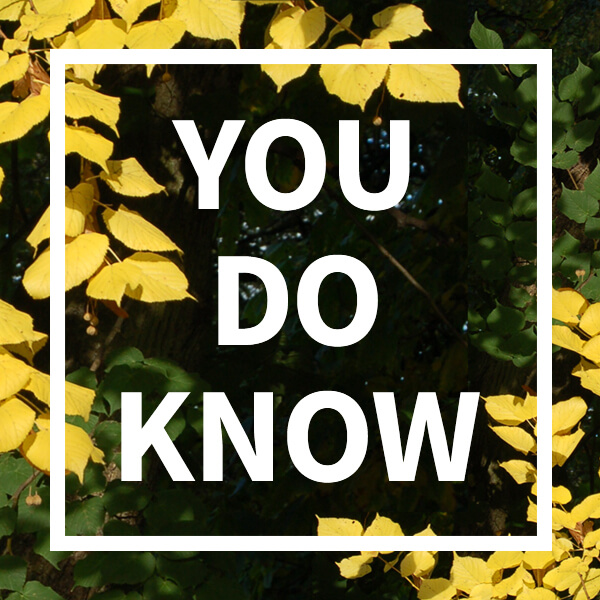Growing from my doctoral thesis What did I do? I don't know., my blog You Do Know offers a practitioner's guide to using tacit maternal knowing to support children, young people, and their families. It will be of interest to professionals who practice as therapists, educators of therapists, researchers, or as managers of organisations who care. It may also be of interest to early years practitioners and to parents.

Dr Fiona Peacock
BACP Senior Accredited Counsellor/Psychotherapist, Certified Theraplay® Therapist, Supervisor, and Trainer
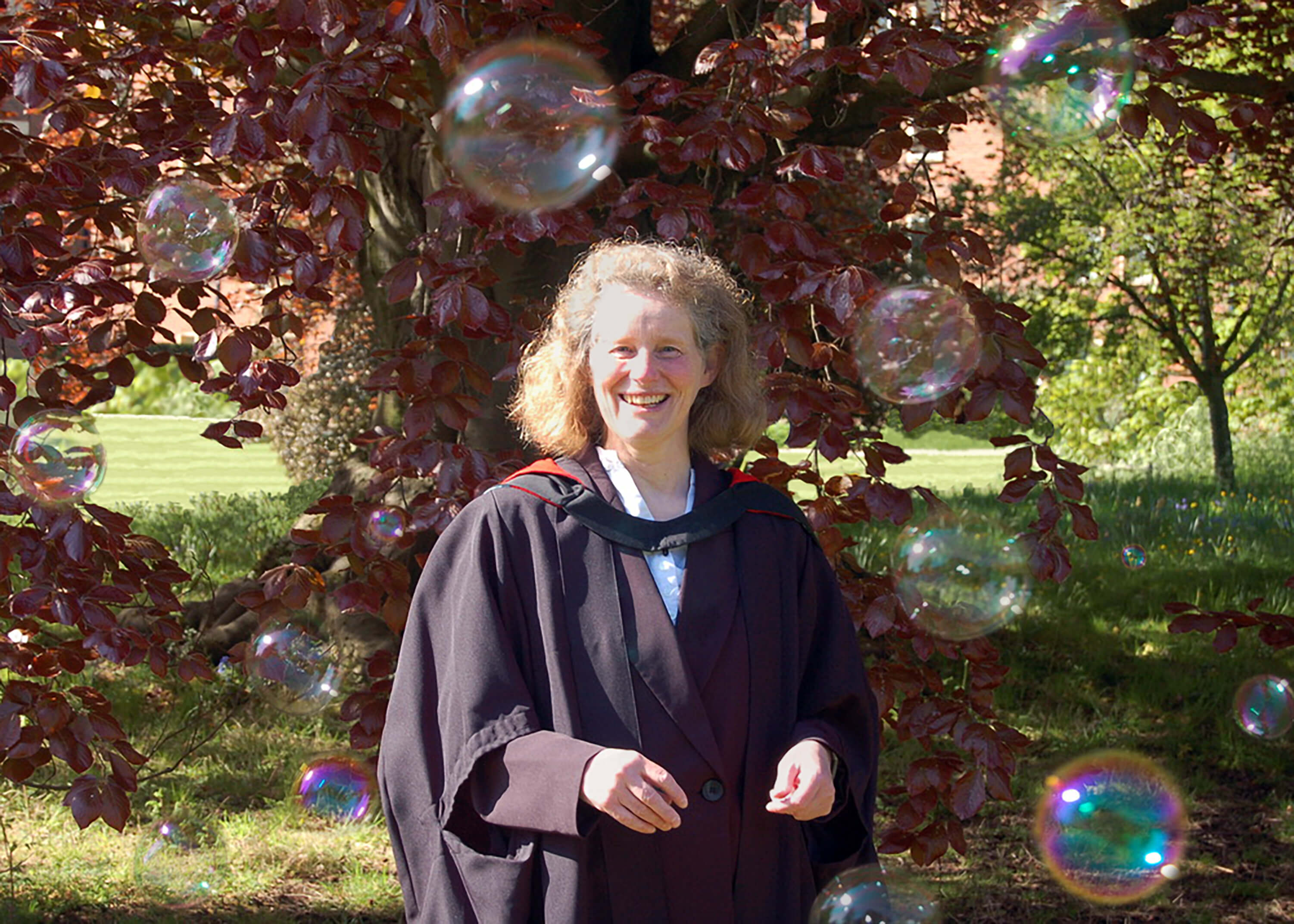
Peacock Counselling Ltd
Counselling and Consultancy Services
Available for consultancy to support parents and professionals working with children using the lens of attachment
About
I have worked with children, young people, and their families for over 30 years, across a wide range of settings including CAMHS, sixth form colleges, schools, and private practice. During my time in CAMHS, I specialised in supporting children who were looked after or adopted, and developed therapeutic approaches tailored to those who had experienced profoundly disruptive and challenging early lives.
My work is grounded in attachment theory and informed primarily by Theraplay. I have extensive experience working not only with children and their families, but also with the wider network of adults around them, to help cultivate more secure attachments between children and their primary caregivers. While Theraplay remains my core model, I adapt it where needed and integrate other therapeutic modalities, drawing on approaches such as sensory integration, trauma processing using bilateral stimulation, therapeutic life story work, parental psychoeducation and therapy, and non-directive, play-based methods.
If you would like to know more about Theraplay, please visit the Theraplay UK website.
In addition to providing psychotherapeutic counselling, I have been involved in therapist education for over 15 years. I have taught on, and more recently co-led, the Child and Adolescent Psychotherapeutic Counselling programme at the Faculty of Education, University of Cambridge, where I also supervise both Master's and Doctoral students.
My doctoral research explored the use of Theraplay with children who have experienced relational and developmental trauma of the kind that is often part of the early lives of children who are looked after or adopted. I am currently engaged in postdoctoral research examining how Theraplay can serve as a model of thinking to inform and extend the practice of clinicians, researchers, therapist educators, and those managing services that care for others.
I am available for consultancy to parents and professionals seeking to think about how they can best support the children and young people they care about.
I also publish a monthly blog called You Do Know.
Consultancy for parents and professionals
Sometimes children and young people can't find the words to say they are finding things difficult but may show their distress through behavioural difficulties or changes in their usual mood or activities.
Consultancy provides expert guidance in thinking about how adults can care for others and what this means for their practice. Such guidance is tailored to children, young people, and families. It doesn’t tell people what to do, but unpicks what might be going on for a child or a family and so, by understanding root causes, supports the development of appropriate interventions.
Through consultancy, I offer professional insights to help children and young people navigate a range of challenges, such as:
- managing academic pressures, including exam stress
- bereavement or family breakdown
- managing change
- friendships
- managing the impact of ADHD or Autism
- difficulties faced by families post-Covid
- anger management
If you are concerned about a child and feel that expert consultancy could help, please get in touch. We can arrange a meeting to consider what I might be able to offer. You will always be informed of any costs in advance of any appointment.
From time to time, I also run parenting groups. The details of the most recent can be found here.
Appointments are offered in the Bedford area. This kind of work is most effective when carried out in person, although online appointments may be possible.
While confidentiality is respected, collaboration is key in ensuring the best outcomes. The extent of and any limits to confidentiality will be clearly communicated to all involved—whether parents, carers, children, or commissioners—at the start of any engagement. My record keeping and privacy statement is available on request and will be provided if we agree that working together is viable.
Training
I offer short, bespoke training programmes and professional development opportunities, tailored to meet the specific needs of your organisation. If your team would benefit from focused input in a particular area, please feel free to get in touch to discuss your requirements. Together, we can design a programme that delivers targeted, practical, and impactful support for your staff.
I am a certified Theraplay trainer. More information about Theraplay training can be found on the Theraplay Institute website.
Other Services
Clinical supervision
I maintain a small, dedicated clinical supervision practice, offering tailored support and guidance for professionals in the field. By keeping the practice selective, I am able to ensure a high-quality, thoughtful, and meaningful supervisory experience for those I work with.
Therapy for counsellors and psychotherapists in training
I am open to working with counselling trainees as part of their training therapy requirements. This is a valuable opportunity for trainees to gain insights and develop their skills within a supportive and professional environment.
Independent academic supervision
If you are a researcher or are looking to write your dissertation and would like an ‘external eye’ on your work, then do ask if I can help.
Publications
-
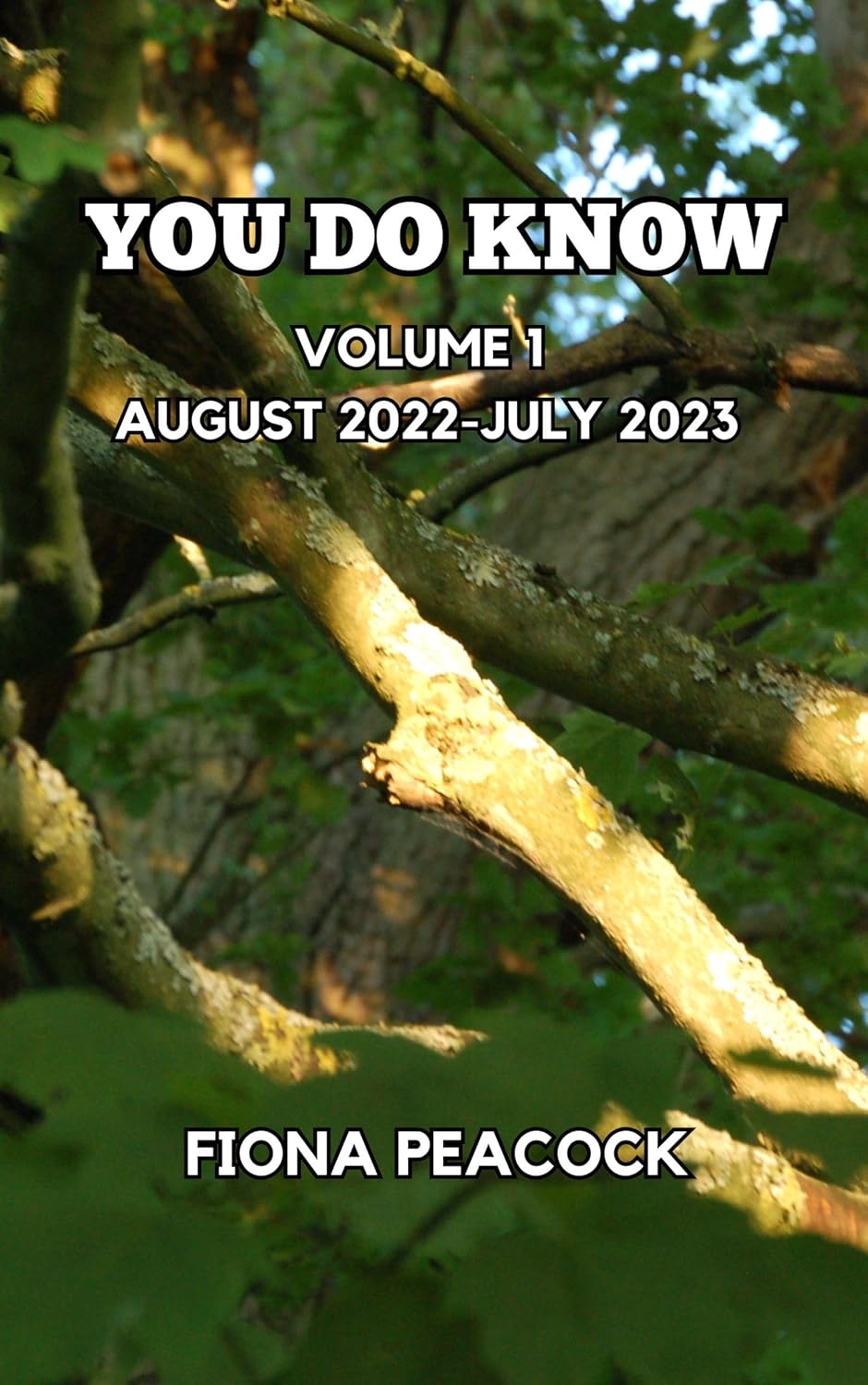
You Do Know: Volume 1
Author
Peacock. Peacock Counselling Ltd. 2025.
-
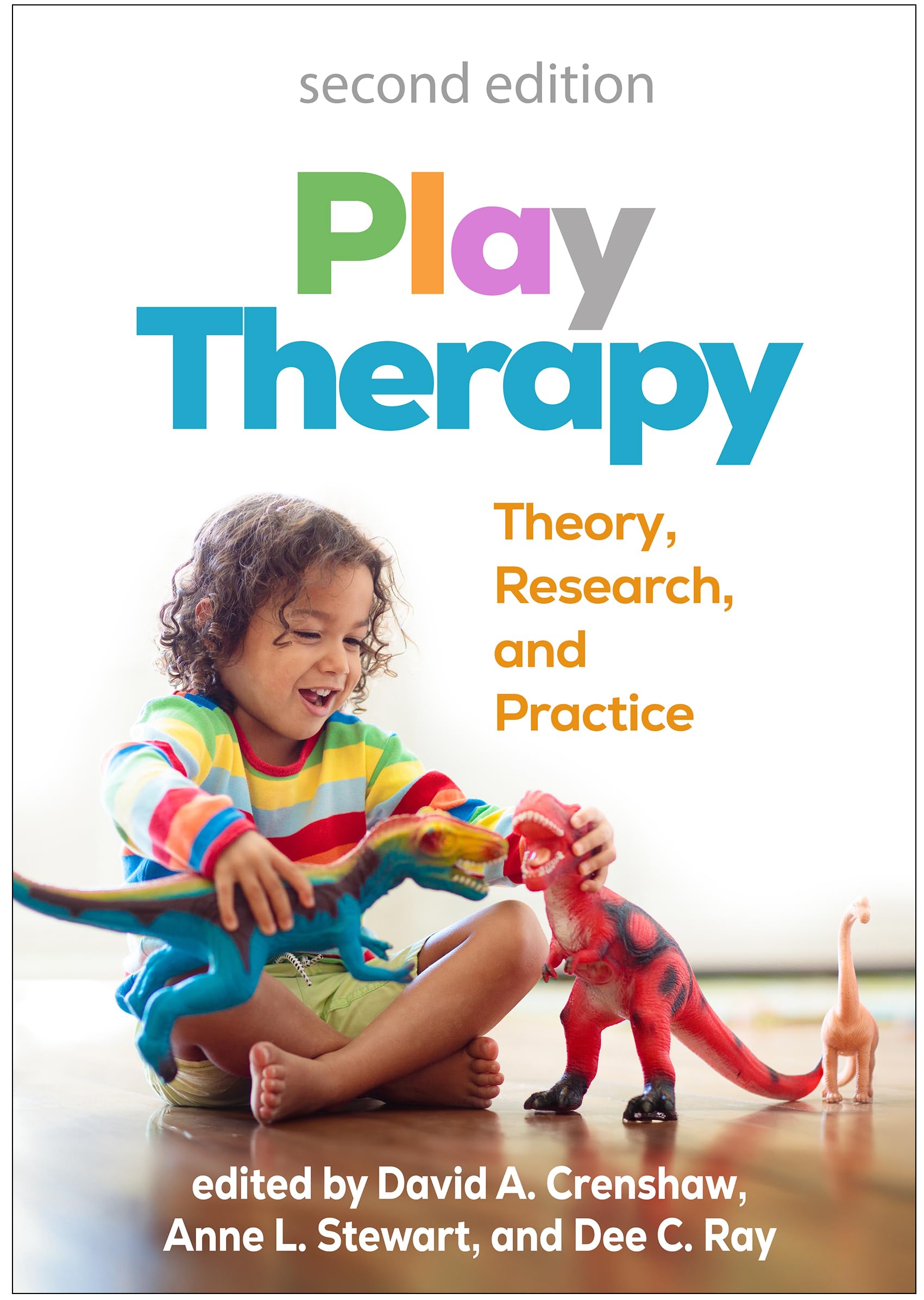
Play Therapy: Theory, Research and Practice
Contributing Author
Crenshaw, Steward, and Ray. Guildford Press. 2025.
-
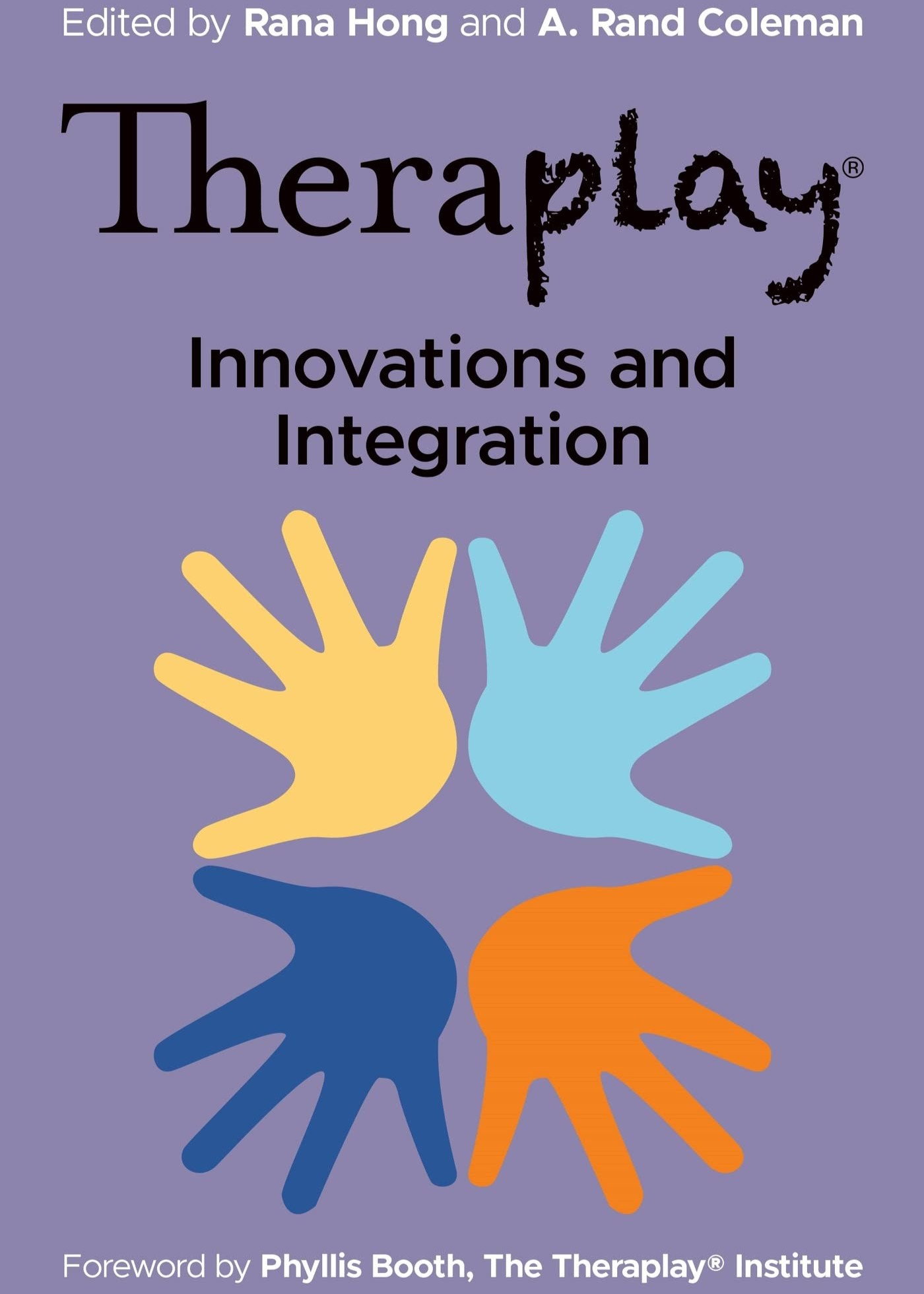
Theraplay: Innovations and integration
Contributing Author
Hong, Coleman, and Booth. Jessica Kingsley Publishers. 2023.
-
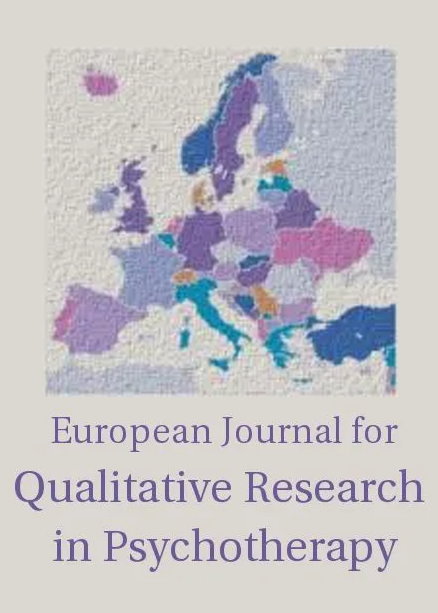
A Heuristic Inquiry into my use of Theraplay® with children experiencing the impact of relational and developmental trauma
Author
Peacock. European Journal for Qualitative Research in Psychotherapy. 2023. Vol 13.
-

What did I do? I don’t know. Generating fiction to examine the tacit maternal knowing I bring to my Theraplay® practice with children who are experiencing relational and developmental trauma.
Author
Peacock. Doctoral thesis, Doctor of Education, University of Cambridge. 2023.
-

Relational and Developmental Trauma and Schools
Joint Author
Peacock and Holliday. Oxford University Press. 2021.
-
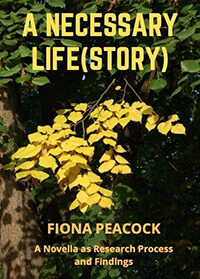
A Necessary Life(Story): A Novella as Research Process and Findings
Author
Peacock. Peacock Counselling Ltd. 2020.
-
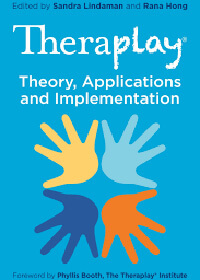
Theraplay: The Handbook of Theory, Applications, and Implementation
Contributing Author
Lindaman and Hong. Jessica Kingsley Publishers. 2020.
-
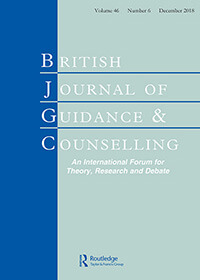
Student Motivations for Undertaking a Child and Adolescent Psychotherapeutic Counselling Course
Joint Author
Holliday, Peacock, and Lewoski. British Journal of Guidance and Counselling. 2018. Vol 46(6), p.647-657.
-
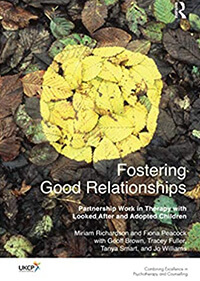
Fostering Good Relationships
Joint Author and Editor
Richardson and Peacock. Karnac. 2016.
-
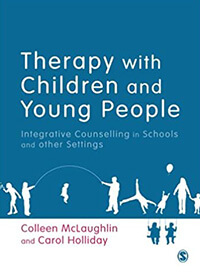
Therapy with Children and Young People
Contributing Author
McLaughlin and Holliday. Sage. 2013.
-
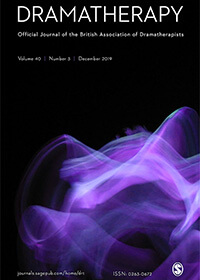
Being Before Doing: Life Story Work for Children with Attachment Difficulties
Joint Author
Moore and Peacock. Dramatherapy. 2007. Vol. 29(1), p.19-21.
-
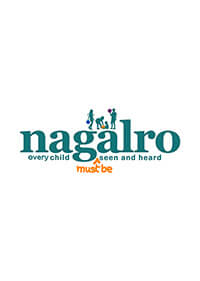
A Sensory Approach to Assessing and Obtaining the View of Children Delayed In Development
Joint Author
Moore and Peacock. Seen and Heard. 2007. Vol. 17(4).
-

MindEd training program
Contributing Author
Research
Doctoral research
My doctoral thesis is entitled:
What did I do? I don't know. Generating fiction to examine the tacit maternal knowing I bring to my Theraplay® practice with children who are experiencing relational and developmental trauma.
In seeking to develop a richer understanding of what I do in my Theraplay practice with children who are experiencing relational and developmental trauma, I reflected on my embodied responses to my clinical Theraplay practice. I used a heuristic inquiry process to create a safe space for not knowing. This enabled my self-search to lead to a creative synthesis in the form of a novella, A Necessary Life(Story) . The recursive/reflexive process, through the regular discipline of daily writing and alongside exposing myself to a wide range of literature, led to an explicit understanding of an ontological position that I realised I already held, but that I had never made consciously concrete.
A Necessary Life(Story) can be purchased as an eBook from Amazon or as a paperback from Ebay for £9.99 (plus postage). The full thesis can be found on Apollo, the University of Cambridge repository.
A peer-reviewed paper emerging from this research was published in 2023:
Peacock, F. (2023). A heuristic inquiry into my use of Theraplay® with children experiencing the impact of relational and developmental trauma. European Journal for Qualitative Research in Psychotherapy, 13.
Post-doctoral research
You Do Know is released on the first of every month. For each post I use a heuristic inquiry model, creating fiction to externalise, examine, and make sense of the tacit knowledge I use in my practice. I offer my thoughts and insights with the intention encouraging a community of practice to develop the theory, philosophy, and ethics of working in a way that starts from the practical application of attachment theory expressed and embodied via tacit maternal knowing. I call this speaking with our M/otherTongue. Radically and politically, by working out how to communicate our M/otherTongue, our community of practice will seek to transform how the less powerful are cared for by professionals who choose to use their power in the service of the other to promote equality, justice, and peace.
If you wish to read You Do Know or sign up to receive new posts directly to your inbox, you can do so on Substack.
You Do Know: Volume 1
The first year of posts from You Do Know are now available in a collected edition, in both Kindle and paperback formats. All posts remain free to read on Substack.
In the UK, paperback copies are priced at £13 (inc. P&P), and can be ordered via this Google Form.
For orders outside the UK and EU, the paperback copy of You Do Know: Volume 1 is 13 GBP plus postage. Please contact admin@peacockcounselling.com to arrange this. Unfortunately, the paperback is not currently available for purchase within the EU.
The Kindle edition is available on Amazon for 8 GBP and can be purchased worldwide.
Qualifications

I obtained my BACP accreditation in 1996.
I was certified as a Theraplay® therapist in 2011, a Theraplay trainer in 2015, and a supervisor in 2016. Theraplay® is a registered service mark of TTI, USA.
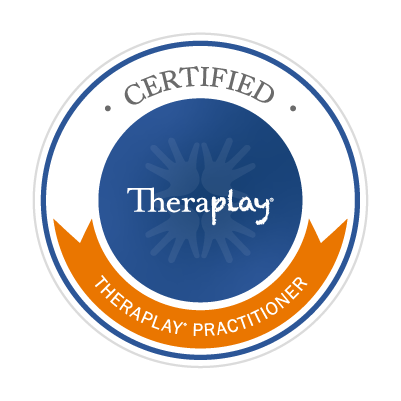
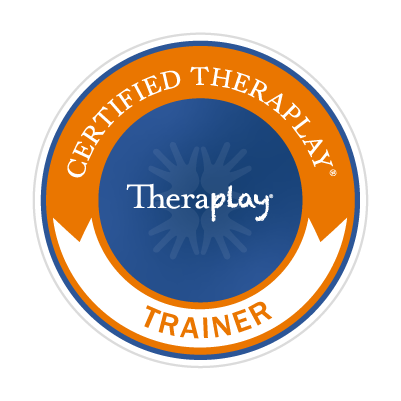
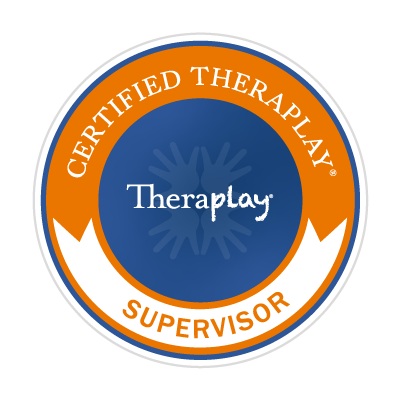
My original training was as a psychodynamic counsellor. I am trained in Group Analytic Psychotherapy (Introduction and Post Graduate Certificate), DDP (level 1), EMDR (Parts 1 and 2), Story Stem Assessment (certified assessor), sensory attachment approach to regulation and co-regulation, and improving sensory processing in traumatized children.
I am a senior teaching associate at the Faculty of Education, University of Cambridge, where I co-lead the Child and Adolescent Psychotherapeutic Counselling postgraduate program, which is accredited by UPCA.
Contact
Location: Bedford, UK
Phone: +44 7504289980
Email: admin@peacockcounselling.com
LinkedIn: linkedin.com/in/fiona-peacock
Facebook: @FionaPeacockCounselling
Instagram: @peacock_counselling
